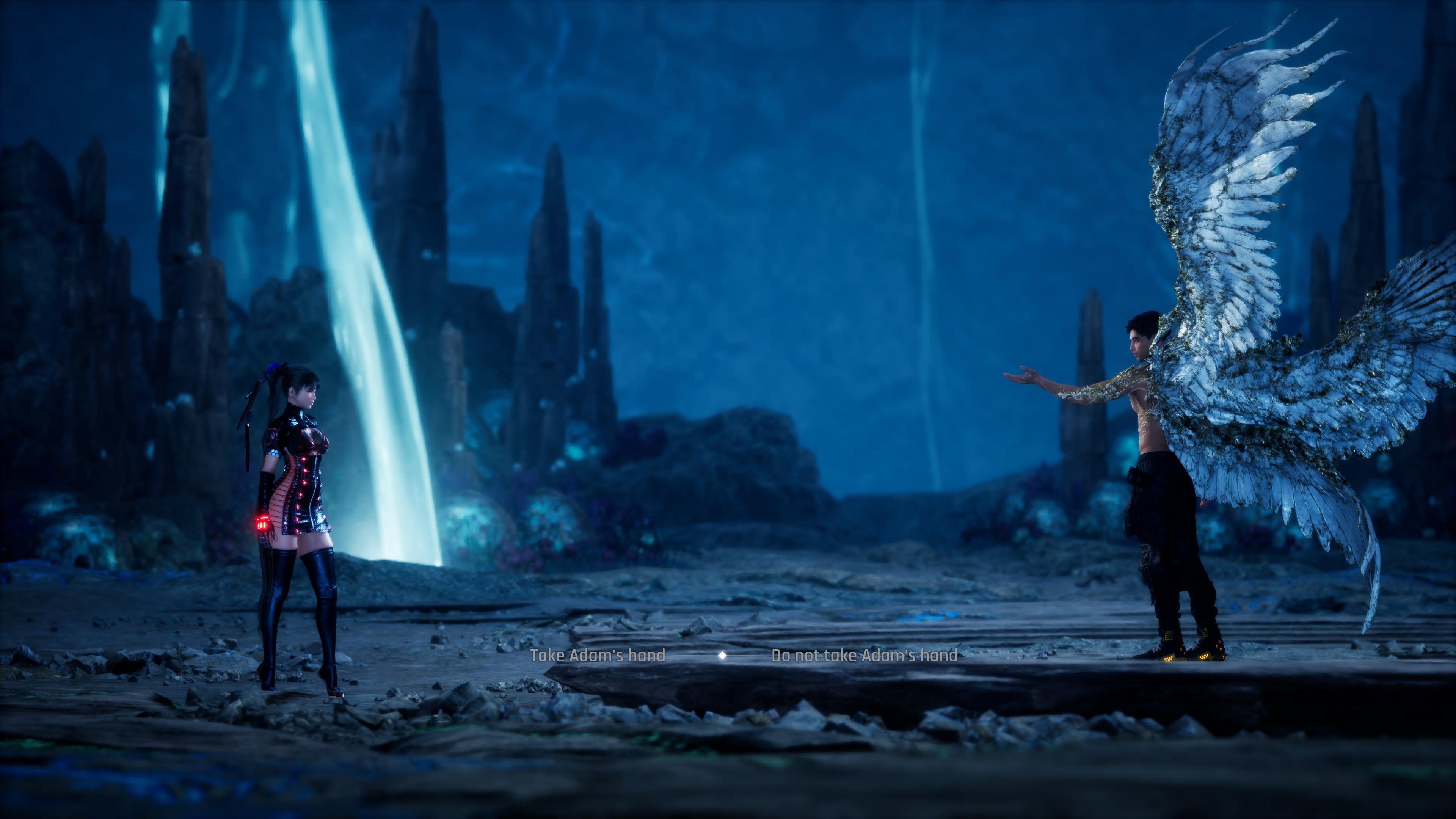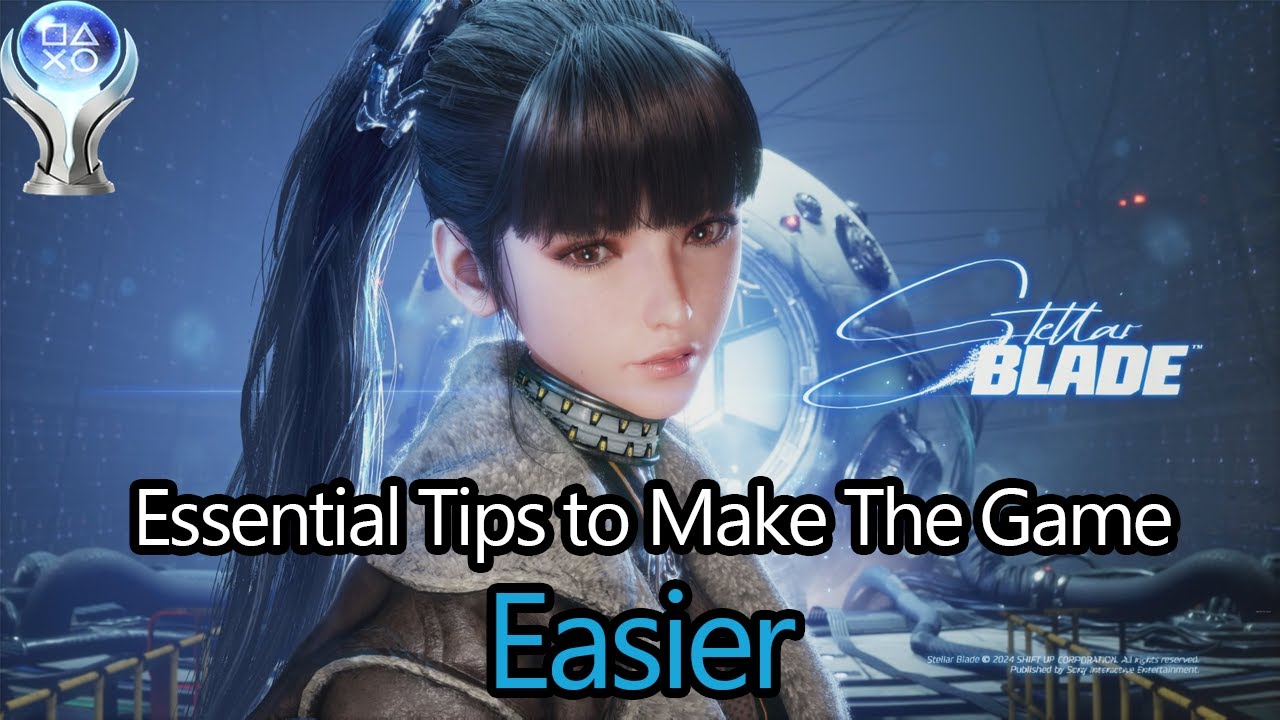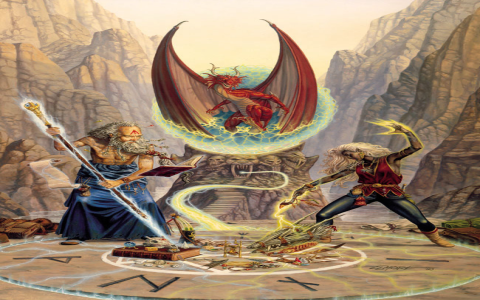Okay, let’s talk about this whole “cooperate or not” thing in Stellar Blade. I’ve been sinking some serious hours into this game, really getting into the groove, you know? Swinging that sword, dodging those Naytibas, the usual drill.

My Run-in with the Choice
So, I got to this point, pretty deep into the story I think. Things were getting complicated, lots of talk about humanity’s fate, Eve’s purpose, all that jazz. And then came a moment, specifically involving Adam. You know Adam, the helpful drone guy, always buzzing around. He presented a situation, a plan, something that required me to basically put my trust in his judgment or… well, not.
It wasn’t like a big flashing sign saying “MAJOR DECISION POINT”, but you could feel it. It was one of those dialogue choices, layered with implications. Do you go along with Adam’s potentially risky idea, cooperate fully, or do you push back, question it, maybe suggest another way? The game basically asked: Team player or lone wolf on this one?
Thinking it Through (or Overthinking?)
Honestly, my first reaction was suspicion. Games have trained me to be suspicious. How many times have we seen the “trust me” character turn out to be shady? Or the choice that seems important but leads to the exact same outcome anyway? I sat there for a minute, controller in hand, thinking:
- Okay, what happens if I cooperate? Best case, maybe some unique dialogue, maybe an easier path forward for a bit. Worst case? Adam leads me into a trap, or it bites me back later in the story.
- What if I don’t cooperate? Best case, maybe I assert Eve’s independence, find a clever alternative. Worst case? The game railroads me anyway, Adam gets pissy, or I miss out on some crucial context or even a reward.
I remembered playing other RPGs where being difficult just locked me out of content or made characters hate me for no real gain. It felt like a gamble. Do I play it safe and trust the game’s main path, or do I try to carve my own way and risk hitting a dead end, narratively speaking?
What I Ended Up Doing
In the end, I kind of sighed and just went with it. I chose the dialogue options that leaned towards cooperation. Why? Honestly, it felt like the path of least resistance. I wanted to see the story progress, and fighting the game’s suggested flow sometimes just feels tiring. Plus, Adam hadn’t given me huge reasons to distrust him personally up to that point, even if the overall situation felt murky.

So, I clicked the button, Eve agreed, and Adam did his thing. We moved forward.
The Aftermath and Thoughts
And what was the big result of my cooperation? Well, it moved the plot along. There were some immediate consequences, sure, unfolding the next part of the mission. But did it feel like a massive, game-altering decision? Not really, at least not immediately. Maybe the real impact comes much later, maybe it affects the ending subtly. I haven’t finished the game yet, so who knows?
But it got me thinking about these choices in general. Sometimes, “cooperate or not” feels less like a genuine choice and more like picking which flavor of the same inevitable outcome you want. It gives the illusion of agency, which is nice, but deep down you wonder how much it really mattered.
Stellar Blade is a great action game, visually stunning, super engaging combat. But on this particular “choice” front, based on my experience so far? It felt pretty standard. You make a call, the story adjusts slightly, and you keep going. Maybe I’m just jaded from years of playing games that promised branching paths but delivered slightly different corridors. Still enjoyed the game, don’t get me wrong, but that moment of “cooperate or not” felt more like a ripple than a wave.














